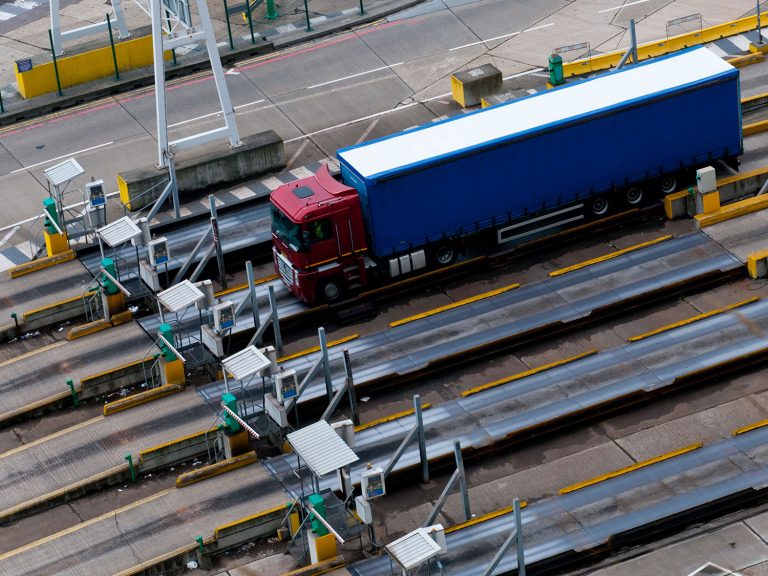
Date:
EU border disruption impacting trailer availability
Problems finding import trailers from the EU is being blamed on the slowdown in exports from the UK, which are currently 30% below normal levels, but with continuing delays at the border, the more likely issue is it is less financially or operationally attractive for European hauliers to send their lorries to the UK.
Most of the lorries that carry cargo into the UK are European based and not British owned operators and the combination of border delays and lack of export demand, mean that almost half are returning to the continent empty, at a cost to their haulage businesses.
This in itself is creating even less incentive for hauliers to operate vehicles to the UK which is resulting in transport costs being forced, up through supply and demand and ultimately increasing the cost of shipping to and from Europe and therefore adding further post-Brexit costs to products and consumer items.
The challenges being faced by UK based importers and exporters has been brought into stark focus by a Chartered Institute of Procurement & Supply survey, that found businesses are reporting significant import delays and will run low on stock if the situation continues, with UK consumers likely to face the consequences.
The survey, of UK and EU supply chain managers found that 60% had experienced import delays, with 37% reporting that goods had been delayed by several days.
On the export side 45% had experienced delays, with 28% experiencing delays of several days and just 24% having no problem with exports into the EU.
The Road Haulage Association (RHA) confirmed that there has been a marked reduction in the number of continental hauliers who are ready to send vehicles across the Channel, due to concerns about being stuck at the ports, not having the correct paperwork and testing drivers for COVID. Any delay to a journey adds cost and loses revenue making the UK an unattractive destination for drivers or hauliers.
With freight volumes largely depressed by significant Brexit stockpiling the very real concern is that border delays will increase as restocking demand adds freight volume in the coming weeks. It is widely recognised that year on year volumes are significantly lower in January and February compared to last year with some of our partners advising that they are operating at 50% of the 2020 levels.
These delays may begin to have a significant impact on consumers in the next few weeks, with almost a quarter of businesses (23%) surveyed by CIPS, stating they would run low on stock should the situation at the border continue.
Metro are monitoring the cross-channel situation continuously and continue to submit customs transactions through our CuDoS system, which is increasingly optimised as regimes on both side of the Channel become more established.
Please contact Andrew White, leading our customs and brokerage business unit, for further information.
